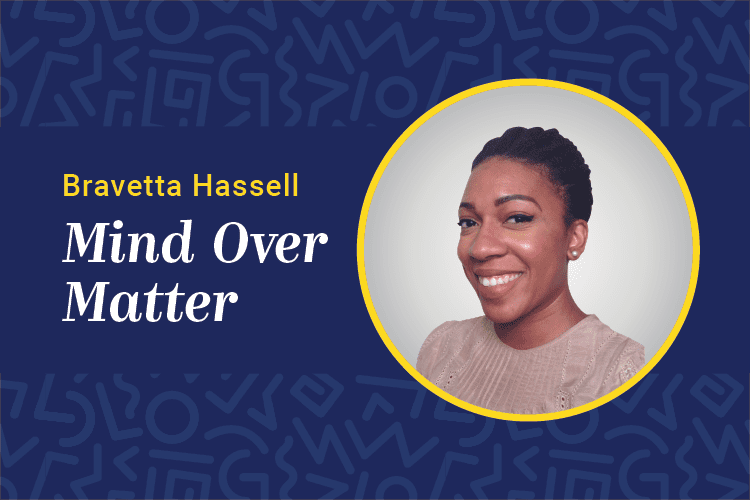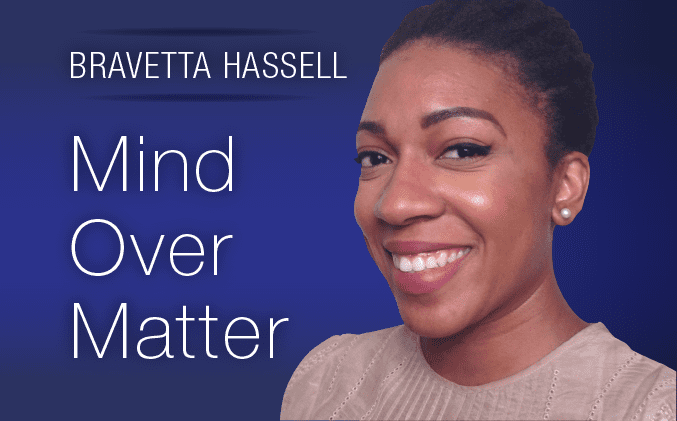 Earlier this year a study in the journal Frontiers in Human Neuroscience suggested that some of us are hardwired to be more agreeable than others. For some, being in the middle of a disagreement is especially trying. It activates the same part of the brain that lights up, so to speak, when it experiences cognitive dissonance — that moment of mental distress, when, for instance, you’re being told one thing but see something that’s contradictory to it.
Earlier this year a study in the journal Frontiers in Human Neuroscience suggested that some of us are hardwired to be more agreeable than others. For some, being in the middle of a disagreement is especially trying. It activates the same part of the brain that lights up, so to speak, when it experiences cognitive dissonance — that moment of mental distress, when, for instance, you’re being told one thing but see something that’s contradictory to it.
That’s not terribly hard to believe considering that human brains are wired to seek balance. Think of all the processes happening inside our bodies just to keep them going. Still, study researchers noted that even feeling that dissonance-y feeling too acutely is problematic. It “can potentially lead to poor decision-making, anxiety or difficulties in interpersonal relationships,” and “evidence indicates sensitivity to dissonance is linked to increased susceptibility to influence.”
Essentially, being a chronically agreeable person who avoids tension can make you more susceptible to phenomena like groupthink. When people are intentional about experiencing new things their brains create new neural pathways. Learning, unfettered by stop signs and caution signals, is literally good for the brain.
Last week the University of Chicago told its incoming freshman class that it was committed to the freedom of inquiry and expression and disinterested in a culture of hypersensitivity that’s been criticized as dampening academic discourse across the country. The university, in no uncertain terms, was saying no to trigger warnings and safe spaces.
“You will find that we expect members of our community to be engaged in rigorous debate, discussion, and even disagreement. At times this may challenge you and even cause discomfort,” wrote Dean of Students Jay Ellison.
While critics have all but called the school’s statement full of it — time will tell — the sentiment is necessary if universities are truly concerned about graduating strong-minded thought leaders who don’t shy away from the uncertainty and discomfort inherent in navigating an increasingly complex, challenging and less homogenous professional landscape.
I believe in safe spaces to the extent that all people should be able to walk fully in their identity, free from harassment and abuse. At the same time, I believe college campuses should be places where students should feel free to express their differing opinions constructively.
I understand the value of trigger warnings to signal that a forthcoming literature or film discussion can re-traumatize a person or be distressing. Who among us wouldn’t have appreciated some trigger warnings at different points in our lives. I place trigger warnings in the same category as yellow lights, parental advisories and movie ratings — all of them tell us in one way or another to “Take caution!”, “Brace yourself!” and “Tread lightly.”
But life just doesn’t work like that. And if it seems as though it does, it won’t always.
Some people are certainly taking the U of C’s letter about trigger warnings and safe spaces as a trigger warning unto itself, and so be it. However meaningfully the university decides to promote this latest stance, college should be a safe space to constructively explore, interact with and be exposed to different ideas, opinions and ways of doing things.
Because, honestly, in the space that exists in the world after college, things sadly become less safe, and goodness help you if you don’t know who you are, or you’re not on your way to finding out. The world and social obligations will eat you alive, as will the groupthink so prevalent today. Innovation will suffer too.
Companies benefit from more colleges and universities thoughtfully following U of C’s lead. Increasingly, talent is the difference-maker between businesses that thrive and those that flounder. Moving forward, it will be the risk takers, unafraid of dissent, discomfort and the status quo as they step beyond what they know and believe to create, who will propel business forward.
When colleges and universities foster learning environments that don’t welcome the inevitable discomforts that accompany this transition point to full adulthood, they are doing the institution of higher education, the students they’re responsible for instructing and developing, and ultimately our marketplace a disservice.
Bravetta Hassell is a Chief Learning Officer associate editor. Comment below or email editor@CLOmedia.com.












